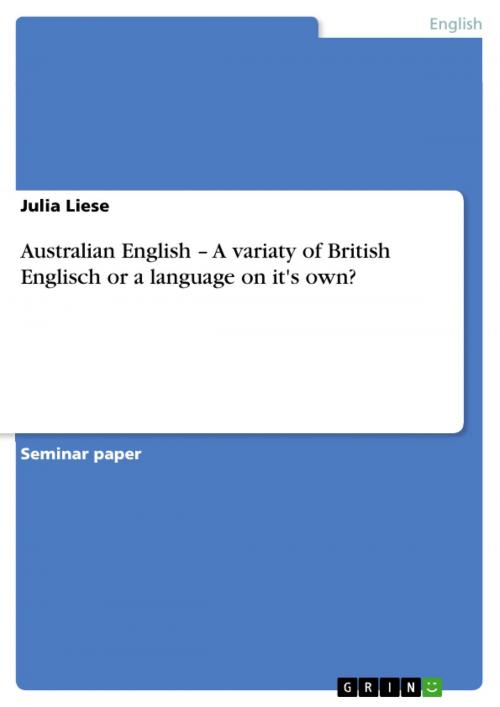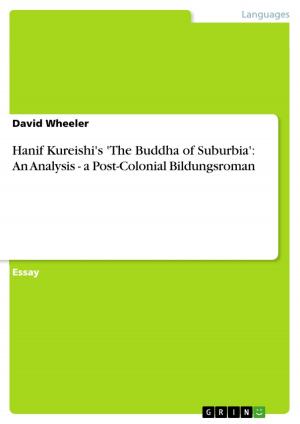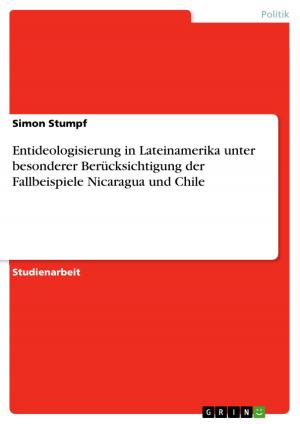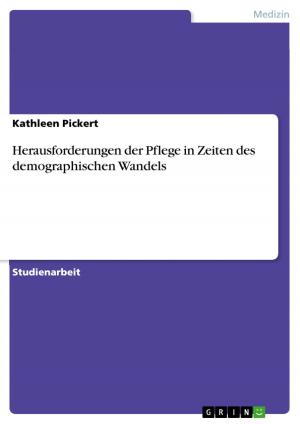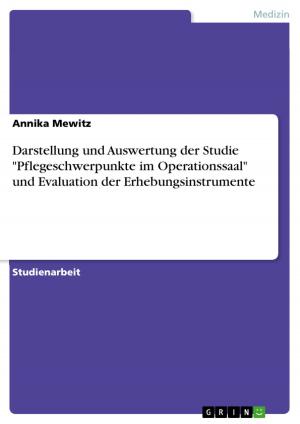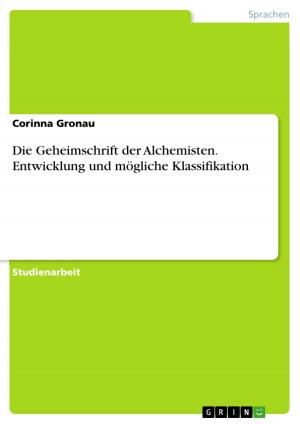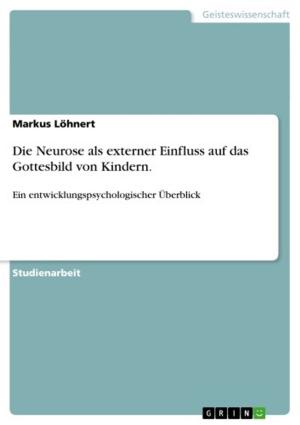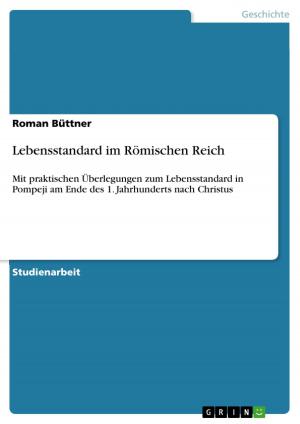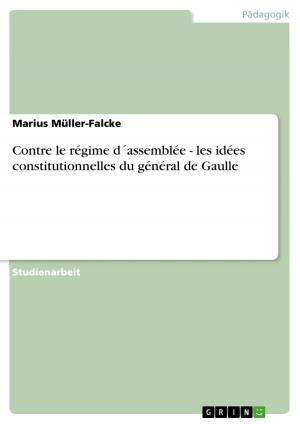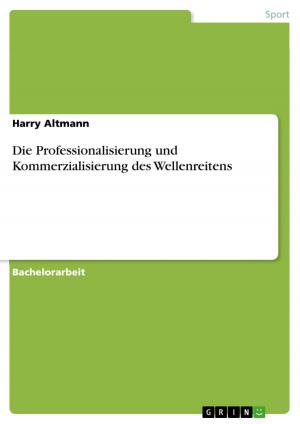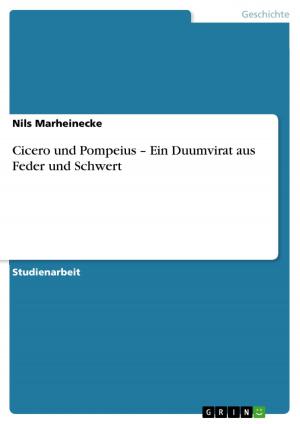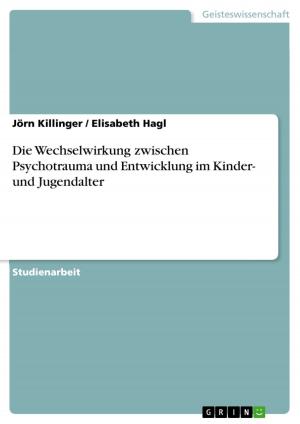Australian English - A variaty of British Englisch or a language on it's own?
Nonfiction, Entertainment, Drama, Anthologies| Author: | Julia Liese | ISBN: | 9783640953196 |
| Publisher: | GRIN Verlag | Publication: | July 7, 2011 |
| Imprint: | GRIN Verlag | Language: | English |
| Author: | Julia Liese |
| ISBN: | 9783640953196 |
| Publisher: | GRIN Verlag |
| Publication: | July 7, 2011 |
| Imprint: | GRIN Verlag |
| Language: | English |
Seminar paper from the year 2010 in the subject English Language and Literature Studies - Linguistics, grade: 1,3, Free University of Berlin, language: English, abstract: When Lieutenant James Cook and naturalist Sir Joseph Banks were exploring the east coast of Australia in May 1770, they suddenly saw strange animals 'which must feed upon Grass [sic!], and which, we judge, could not be less than a Deer [sic!], [...] having very small Legs [sic!], and the print of the Feet [sic!] like that of a Goat [sic!] ' (Cook chapter 8). Wondering what this could be, they asked a native what the creature was called. The Aborigine, a member of the tribe Guugu Yimidhirr, replied: 'Kangaroo!', which meant 'I don't understand you!' (Lloyd). Cook erroneously thought that this was the name of the animal and wrote on 4th August 1770 in his journal: '[...] the Animals [sic!] which I have before mentioned, [are] called by the Natives [sic!] Kangooroo [sic!], or Kanguru [sic!]' (Cook chapter 8). This being the first record, the word 'kangaroo' was soon adopted into Standard British English and is said to be the first Australian English word. But what exactly is Australian English? Queen Elizabeth II of Great Britain is at the same time formally Queen of Australia, and Australian English is often referred to as being close to British English. Therefore, Australian English should be considered to be variety of British English, as linguists such as Laurie Bauer and Dr. Gerhard Leitner from the Free University in Berlin suggest . However, there are several linguists like Felicity and Palethorpe Cox , Roswitha Dabke , and Laura Tollfree , who examined the multitude of differences between Australian and British English which lead to the conclusion that Australian English should be regarded as a language of its own - the opinion that I share. To prove that Australian English is not just a variety of British English, I am going to compare the two languages on four major linguistic levels, namely morphology, phonology, lexicon and spelling, and highlight the differences. There are, of course, also differences in other linguistic fields such as syntax. However, I am only going to present the four mentioned above, as they contain the most significant distinctions and serve my argumantation's purpose best. To widen the spectrum of my investigations and not limiting them to linguistic factors, I will also look at a historic event and its impact on the language.
Seminar paper from the year 2010 in the subject English Language and Literature Studies - Linguistics, grade: 1,3, Free University of Berlin, language: English, abstract: When Lieutenant James Cook and naturalist Sir Joseph Banks were exploring the east coast of Australia in May 1770, they suddenly saw strange animals 'which must feed upon Grass [sic!], and which, we judge, could not be less than a Deer [sic!], [...] having very small Legs [sic!], and the print of the Feet [sic!] like that of a Goat [sic!] ' (Cook chapter 8). Wondering what this could be, they asked a native what the creature was called. The Aborigine, a member of the tribe Guugu Yimidhirr, replied: 'Kangaroo!', which meant 'I don't understand you!' (Lloyd). Cook erroneously thought that this was the name of the animal and wrote on 4th August 1770 in his journal: '[...] the Animals [sic!] which I have before mentioned, [are] called by the Natives [sic!] Kangooroo [sic!], or Kanguru [sic!]' (Cook chapter 8). This being the first record, the word 'kangaroo' was soon adopted into Standard British English and is said to be the first Australian English word. But what exactly is Australian English? Queen Elizabeth II of Great Britain is at the same time formally Queen of Australia, and Australian English is often referred to as being close to British English. Therefore, Australian English should be considered to be variety of British English, as linguists such as Laurie Bauer and Dr. Gerhard Leitner from the Free University in Berlin suggest . However, there are several linguists like Felicity and Palethorpe Cox , Roswitha Dabke , and Laura Tollfree , who examined the multitude of differences between Australian and British English which lead to the conclusion that Australian English should be regarded as a language of its own - the opinion that I share. To prove that Australian English is not just a variety of British English, I am going to compare the two languages on four major linguistic levels, namely morphology, phonology, lexicon and spelling, and highlight the differences. There are, of course, also differences in other linguistic fields such as syntax. However, I am only going to present the four mentioned above, as they contain the most significant distinctions and serve my argumantation's purpose best. To widen the spectrum of my investigations and not limiting them to linguistic factors, I will also look at a historic event and its impact on the language.
